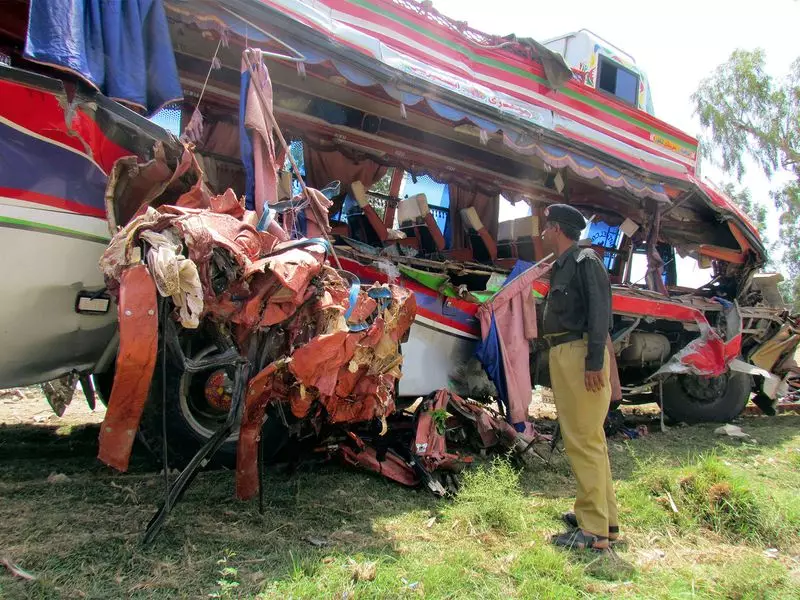
Newly uncovered statistics have exposed a devastating road safety crisis in Pakistan, with official data revealing a staggering 77,000 road accidents recorded over the past five years, painting a grim picture of the country's transportation infrastructure.
Balochistan Bears the Brunt of Infrastructure Failure
The province of Balochistan has emerged as the epicenter of this crisis, with its crumbling road network contributing significantly to the alarming accident rates. The deteriorating infrastructure, combined with inadequate safety measures, has transformed the province's highways into death traps for commuters and transporters alike.
The Human Cost of Neglected Roads
Behind these staggering numbers lie heartbreaking stories of families torn apart and lives cut short. The data reveals that these accidents resulted in:
- Thousands of fatalities across all provinces
- Permanent disabilities affecting countless victims
- Severe injuries requiring extensive medical treatment
- Irreparable emotional trauma for affected families
Systemic Failures Behind the Crisis
Multiple factors contribute to this ongoing tragedy, creating a perfect storm of road safety hazards:
- Poor road maintenance and deteriorating surface conditions
- Inadequate signage and warning systems
- Lack of emergency response infrastructure in remote areas
- Insufficient law enforcement and traffic regulation
- Overloaded vehicles operating without proper safety checks
Economic Impact and Development Consequences
The road safety crisis extends beyond immediate human tragedy, severely impacting Balochistan's economic development and connectivity. The unreliable transportation network hampers:
- Trade and commerce between regions
- Access to healthcare and education facilities
- Tourism potential in the province
- Overall economic growth and investment
Urgent Calls for Infrastructure Overhaul
Transportation experts and safety advocates are demanding immediate government intervention to address this critical situation. They emphasize the need for:
Comprehensive infrastructure development focusing on road quality improvement, proper drainage systems, and modern safety features. Regular maintenance schedules and emergency response mechanisms must be established to prevent further loss of life.
The alarming statistics serve as a wake-up call for authorities to prioritize road safety and infrastructure development before more lives are lost on Balochistan's dangerous highways.





